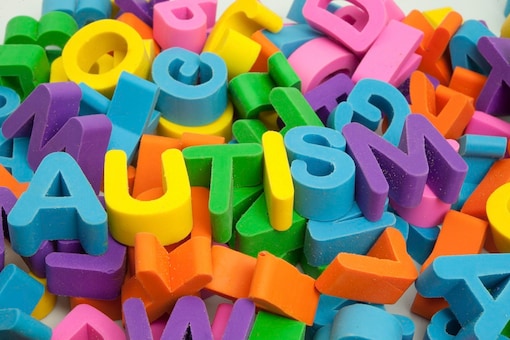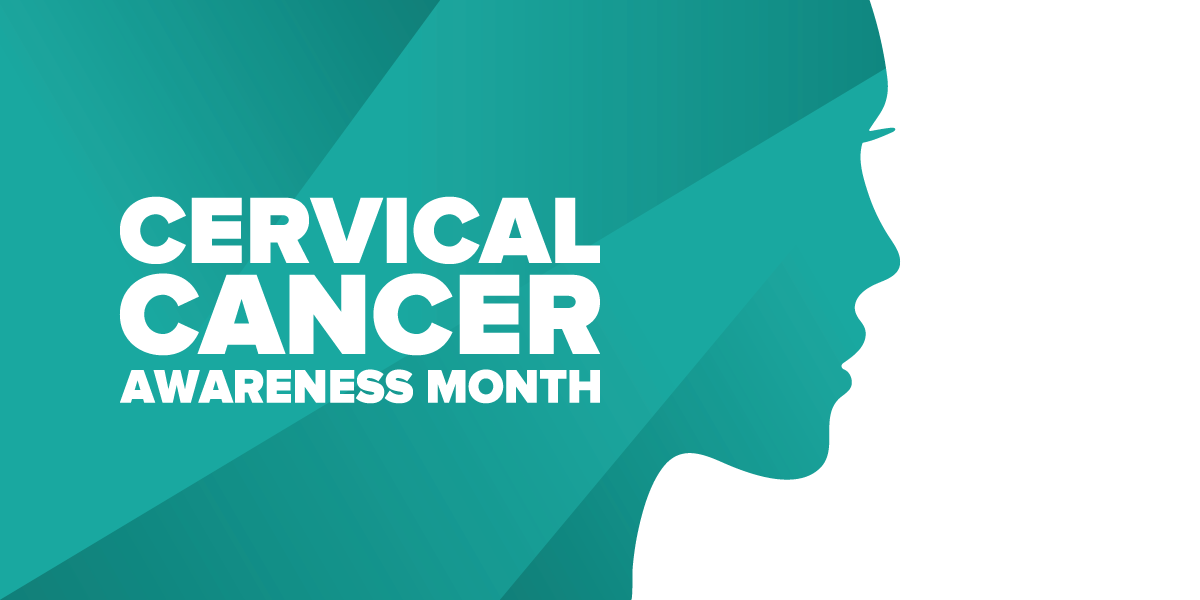Breast Cancer Awareness: Why Doctors Need To Understand People With Disabilities
Imagine being a woman with a disability who is diagnosed with breast cancer. You're excited to start treatment and finally get better, but your doctor tells you that you should have a mastectomy instead of breast-conserving surgery. They say it's because you're probably not interested in your physical appearance.
Or you go to the Doctor for a routine check up because you are concerned about the possibility of developing breast cancer. However, the doctor dismisses your concerns, saying that you are unlikely to develop breast cancer because of your disability.
As a result, you don't get the mammograms and other tests that you need to detect breast cancer early. A few years later, you are diagnosed with breast cancer, but it is already in an advanced stage.
Or maybe you're a man with a disability who is sexually active. You go to your doctor for a checkup, but they don't ask you any questions about your sexual life.
They assume that you're not sexually active because of your disability, and they don't give you any information about contraception, sexually transmitted infections, or testing for cancers.
These are just a few examples of the many ways that people with disabilities can be discriminated against in the healthcare system.
Doctors often have negative perceptions about people with disabilities, and these perceptions can lead to people with disabilities being diagnosed with critical illnesses at a later stage than people without disabilities.
To ensure that people with disabilities receive the same high-quality healthcare as everyone else, it is important for doctors to better understand their needs and preferences. Doctors should be aware of their own biases and assumptions, and they should be willing to ask their patients what they want.
Medical schools should also provide more training about disability, including disability cultural competence and etiquette.
Also, persons with disabilities should advocate for themselves. Don't be afraid to ask your doctor questions and challenge their assumptions.
We are all responsible for creating a world where people with disabilities are treated with the same respect and dignity as people without disabilities. A world where they have access to the same quality healthcare, regardless of their disability.
And "this world," is only possible, if we change the way we think about disability. We need to start by understanding that people with disabilities are not simply defined by their disability. They are individuals with their own unique needs, preferences, and abilities.
Tags: Who Breast Cancer Awareness Month Cancer Minstry Of Health


